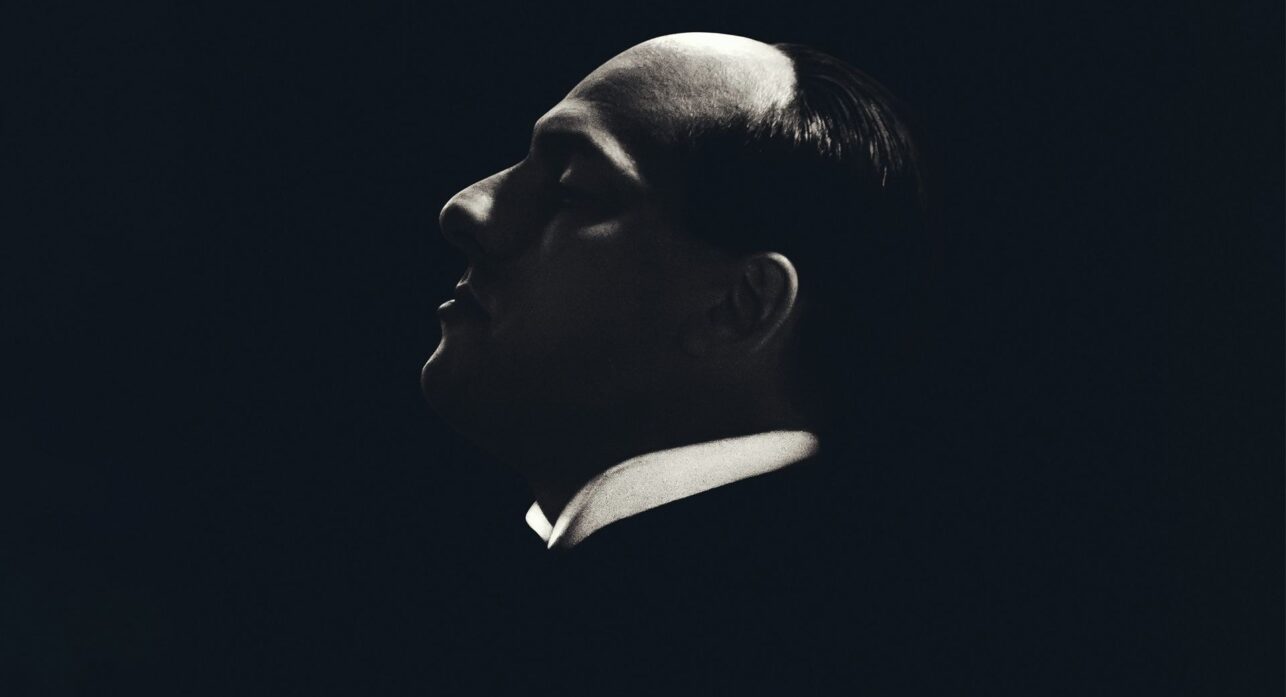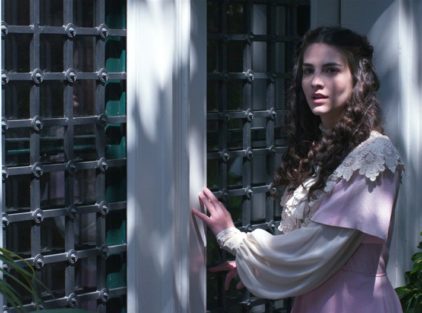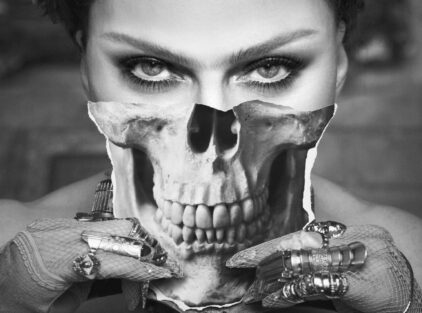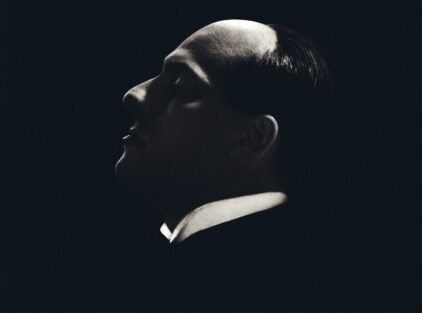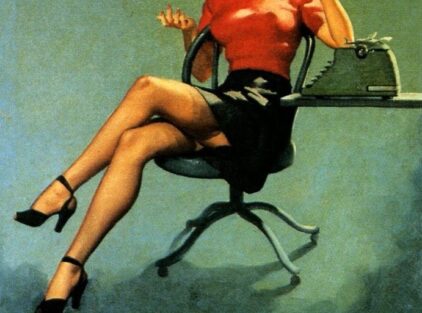by Christos Zabounis
Instinctively, seeing the title of the series, I hesitated to watch it. You see, I grew up with the idea of a bloodthirsty dictator who harmed my country in various ways, even if he was humiliated in the mountains of Albania by the Greek Army. It took several weeks to reach the quiet weekend, where the dice was cast. For seven hours, I was enthralled. I knew several incidents from History, such as his ideological starting point as a socialist or the seizure of power, from within, that is, from Parliament. What I was unaware of and what the book by Antonio Scurati, from which the television series was inspired, emphatically highlights, is the personality of the leader of the Italian fascist party. A fierce orator, cunning, power-hungry, ruthless, violent, megalomaniac, are some of his characteristics that made him one of the central figures of the 20th century. The interest of this Anglo-Italian production lies in the inevitable parallels that the contemporary viewer can make. When you hear the Duce, as his followers called him, exclaiming “let’s make Italy. Great. Again”, you cannot avoid the connection with the M.A.G.A. (Make America Great Again) of the newly elected president of the United States. Donald Trump. Also, the ideology he created is distinct in the actions and manner of governance of several leaders of the 21st century, with the first victim being Democracy, as we understand it in the Western world. The erosion of institutions that led to Mussolini’s rise to power after World War I is visible in many of today’s societies, including ours. Artistically speaking, the interpretation of the leading Italian actor Luca Marinelli (“La Grande belezza”, “The Old Guard”) is exemplary. Although he himself was scared when he was offered the role, due to his family’s anti-fascist roots, he crossed the “Rubicon” of fear and portrayed him convincingly.
